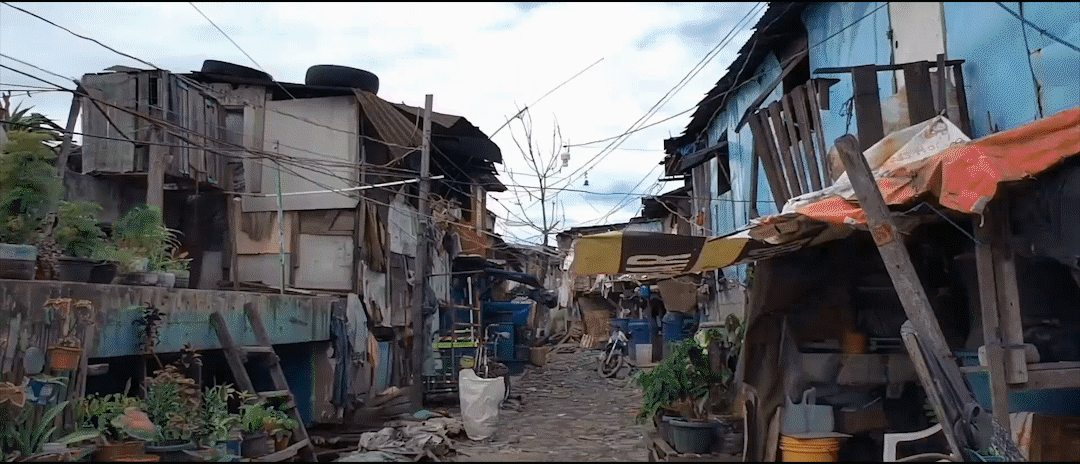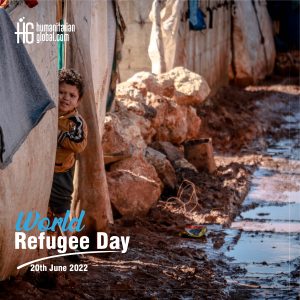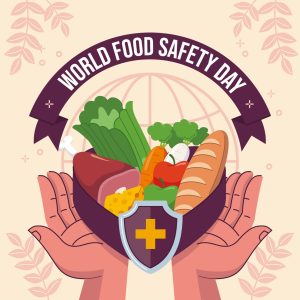Despite the rising waters in South Sudan’s Jonglei State, many families are still living in their flood-affected homes, storing perishable food on makeshift scaffolding. This is by far the worst flooding in decades to hit South Sudan, affecting over 700,000 people. The UN Refugee Agency, UNHCR, is terrified at the dire needs facing the most vulnerable people. Together with the country’s humanitarian team and its government, UNHCR is working on delivering urgent support to the most affected people, including food, emergency shelter, hygiene items, and solar lanterns for the provision of light. Homes have been swept away and farmlands overrun by unrelenting floods resulting from weeks of heavy rains. Families together with their livestock have been forced to higher ground for safety and to seek refuge in neighboring towns.
UNHCR teams found about 1,000 people in Upper Nile State alone, who had walked for seven days to get to Malakal town. Women, children, and the elderly got there hungry and exhausted, as some had not had anything to eat in days. Others seek shelter under the trees and are stranded on islands that have been surrounded by water, unable to cross to safety. Women are deeply terrified about their children’s health, with the increased risk of deadly water-borne disease infections. Every region in every continent can feel the impacts of this climate emergency, especially East Africa. The already struggling communities are additionally facing unprecedented storms and floods, unreliable rainfall, and suffering under drier and hotter conditions as their basic needs together with their rights to food, water, land, a healthy environment, and livelihoods have been hit hard.
In South Sudan, the recent floods primarily affect four states, with some communities experiencing its extent for the first time since 1962. Some communities continue to experience the adverse effects of these weather events, where three consecutive years of flooding have destroyed people’s ability to survive and cope. The rains are expected to continue for the rest of the year, with an expected rise in the number of people in need of humanitarian assistance. Additionally, both drought and flooding which sometimes occur within the same year have triggered inter-communal conflict, seeing as communities have to seek refuge and share shelters in small patches of higher ground and to desperately make up for lost income. For this reason, it is important to hold dialogues between the host community and the displaced communities who have to share resources.
In a promising development, the South Sudan Government has already set aside US$10M to flood response efforts. Local governments are also alleviating suffering within the communities by building dikes and installing water systems that can pump out floodwaters and redirect the excess through canals. Host and displaced communities are also showing impressive generosity and resilience. The present floods have unfortunately hit at a time when people already face the triple threat of hunger, conflict, and COVID-19. The flooding not only sparks urgent humanitarian crises but will resonate through the coming year as whole planting seasons are lost, and cattle herds are drowned.
South Sudan’s humanitarian agencies and local governments are pumping out water and piling sandbags in an immediate attempt to shield communities from the worst of the flooding, but a more coordinated effort to help families adapt to the relentless extreme effects of climate change is critical for the nation to bounce back. As catastrophic flooding is expected to continue with the intensifying climate crisis, UNHCR is requesting the international community to urgently help affected communities to rebuild and protect the lives and livelihoods of people.







